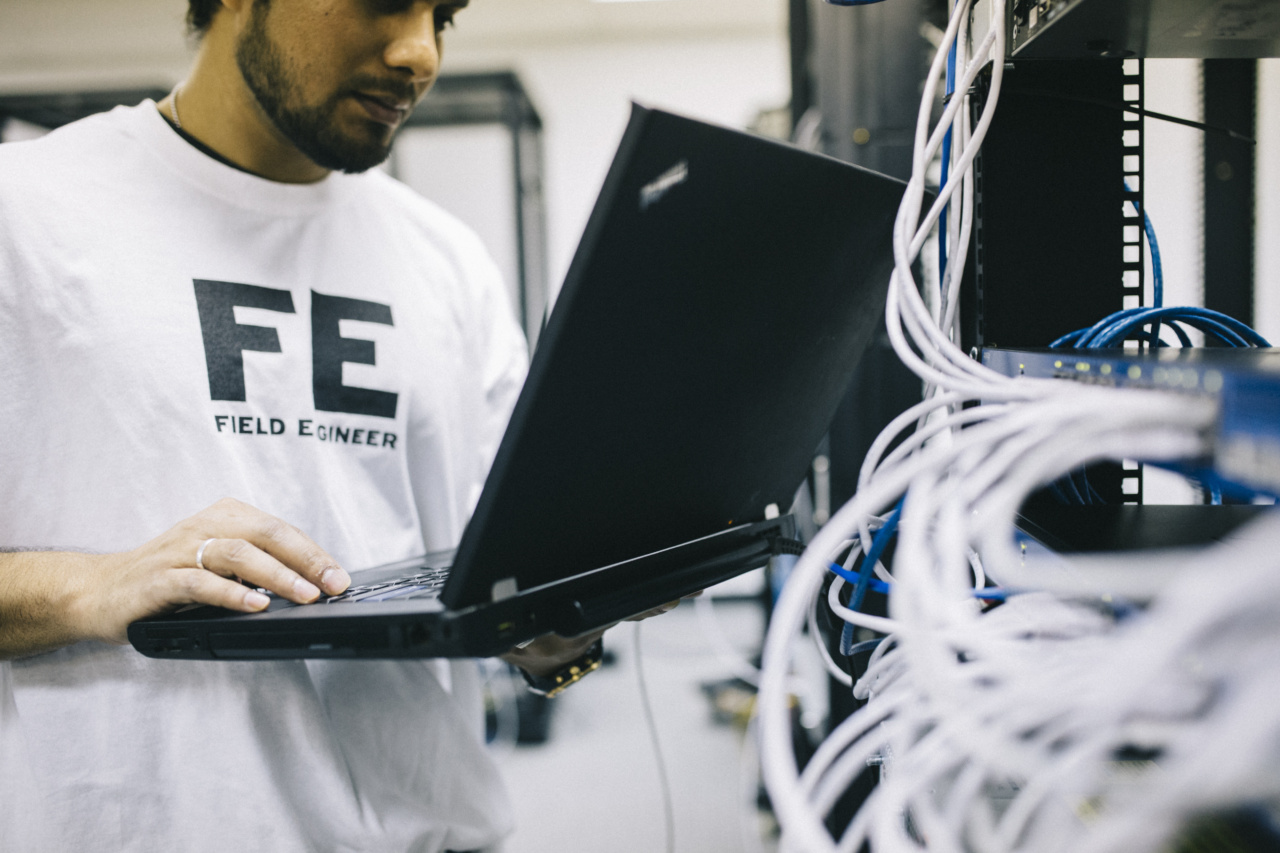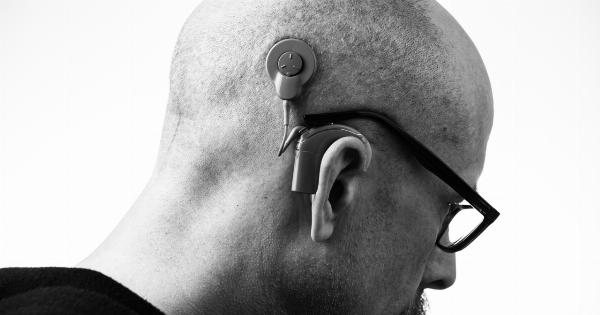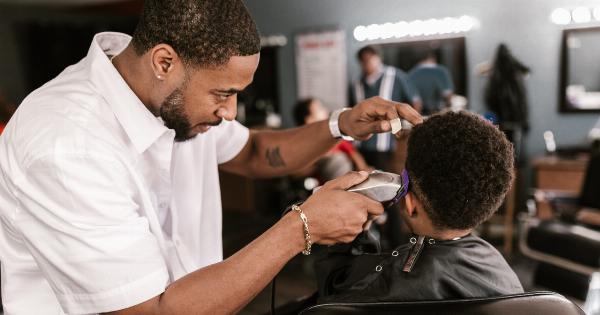Hearing devices are invaluable tools for individuals with hearing loss, as they greatly improve their ability to communicate and engage with the world around them.
These devices, also known as hearing aids, work by amplifying sounds and making them clearer and more accessible. However, in order to ensure optimal performance and longevity, it is crucial to provide proper maintenance to these hearing devices.
Regular maintenance not only enhances the device’s functionality but also extends its lifespan, ultimately benefiting the wearer in numerous ways.
Improved Sound Quality
One of the primary benefits of regular maintenance for hearing devices is the improvement in sound quality. Over time, debris such as earwax, moisture, and other contaminants can accumulate in the device, affecting its performance.
By regularly cleaning and maintaining the device, these issues can be prevented, resulting in clearer and more natural sound quality. Clean devices allow for a better hearing experience, allowing wearers to fully engage and participate in conversations and activities.
Longer Battery Life
Proper maintenance also helps to extend the battery life of hearing devices. The batteries in these devices are exposed to moisture, which can cause corrosion and reduce their efficiency.
Regular cleaning and drying of the battery compartment can prevent corrosion and help the batteries last longer. Additionally, keeping the hearing device turned off when not in use and removing the batteries overnight can further conserve battery life.
Having longer-lasting batteries means less frequent replacements, reducing cost and inconvenience for the wearer.
Reduced Repairs and Cost
Regular maintenance plays a crucial role in preventing unnecessary repairs and associated costs. When hearing devices are not properly maintained, issues can arise, such as clogged tubing, brittle wires, or malfunctioning components.
These problems can often be avoided through routine cleaning, inspection, and care. By identifying and addressing potential issues early on, wearers can prevent more significant problems from occurring, ultimately reducing the need for costly repairs or even replacement.
Comfort and Fit
Proper maintenance also ensures the continued comfort and fit of hearing devices. Over time, earwax, oils, and sweat can build up on the device, causing discomfort and irritation.
By regularly wiping down the device and cleaning the earpieces, wearers can maintain a comfortable fit. Additionally, making sure the device is not excessively dirty or clogged helps to prevent feedback or whistling sounds, which can be both bothersome and embarrassing for the wearer.
Prevention of Moisture Damage
Moisture is one of the main enemies of hearing devices, as it can lead to significant damage. Excessive moisture, such as sweat or humidity, can infiltrate the device and affect its internal components, leading to malfunctions.
Regular maintenance, including drying the device thoroughly and using a dehumidifier overnight, can help prevent moisture-related issues. Additionally, some hearing devices come with a waterproof coating or special accessories that protect them from moisture damage. Proper maintenance ensures that these protective measures remain intact and effective.
Enhanced Longevity
By providing regular maintenance to hearing devices, their overall lifespan can be significantly extended. Just like any other electronic device, hearing aids are subject to wear and tear.
However, with proper care and maintenance, their functionality can be preserved for a longer period. Regular cleaning, servicing, and adherence to the manufacturer’s instructions can prevent premature device failure and the need for replacement.
This not only saves wearers from the inconvenience of having to replace their devices frequently but also from the associated costs.
Optimal Performance
Regular maintenance ensures that hearing devices are functioning at their best, providing wearers with optimal performance.
When these devices are not properly cared for, their performance can decline, affecting the wearer’s ability to hear and communicate effectively. By cleaning and inspecting the devices, wearers can identify and address any issues that may impact their performance, such as clogged microphones or speaker ports.
Maintaining optimal performance allows individuals to fully benefit from their hearing devices and enjoy a better quality of life.
Infection Prevention
Improperly maintained hearing devices can increase the risk of ear infections. Accumulated debris or moisture can create a breeding ground for bacteria, fungi, and other microorganisms in and around the device.
These microorganisms can then enter the ear canal, potentially leading to infections. By regularly cleaning and disinfecting the device, wearers can minimize the risk of these infections and maintain good ear health.
Following proper hygiene practices, such as washing hands before handling the device, can also contribute to infection prevention.
Fewer Adjustments and Adaptation Periods
When hearing devices are not properly maintained, wearers may experience difficulties with their settings or adjustments. Debris or buildup on the controls or buttons can prevent them from functioning correctly or cause them to become stuck.
Furthermore, poor maintenance can lead to a decline in performance, resulting in the need for adjustments or reprogramming. By maintaining the device properly, wearers can avoid unnecessary trips to the audiologist for adjustments and enjoy consistent and reliable performance.
Additionally, when the device is well-maintained, wearers won’t have to go through lengthy adaptation periods each time the device is repaired.
Peace of Mind
The final benefit of proper maintenance for hearing devices is the peace of mind it provides. By regularly caring for and maintaining the device, wearers can trust that it will function reliably and effectively when they need it most.
They can participate in conversations, enjoy social events, and engage in activities without worrying about their hearing device malfunctioning or not working optimally. Peace of mind allows wearers to focus on the present moment and enjoy a higher quality of life.
Conclusion
Proper maintenance of hearing devices is essential for maximizing their benefits and longevity.
By regularly cleaning, inspecting, and caring for these devices, wearers can enjoy improved sound quality, longer battery life, reduced repairs and costs, enhanced comfort and fit, prevention of moisture damage, extended longevity, optimal performance, infection prevention, fewer adjustments and adaptation periods, as well as peace of mind. Investing time and effort into proper maintenance practices can significantly enhance the overall experience of hearing device users, enabling them to fully engage with the world around them and lead fulfilling lives.





























